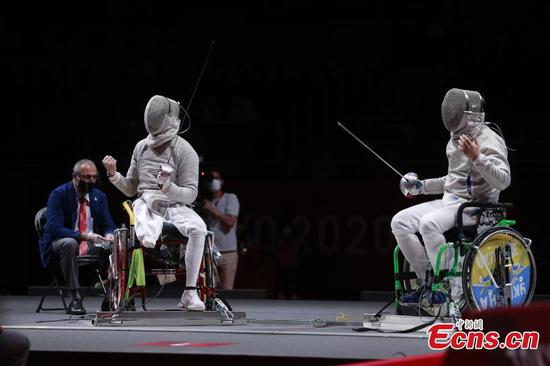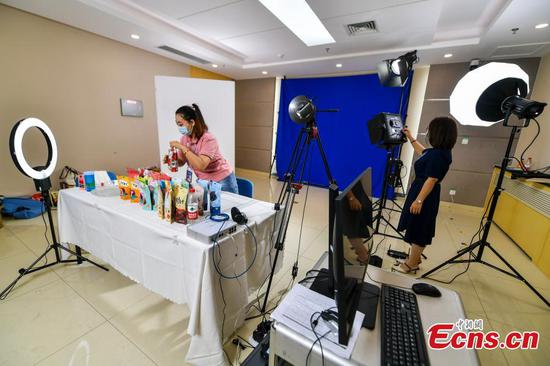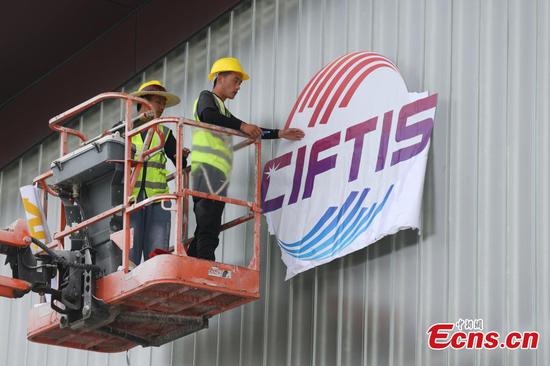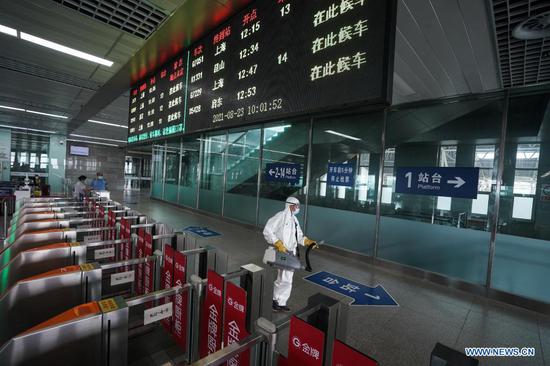A key U.S. inflation measure closely watched by the Federal Reserve continued to surge in July, indicating growing inflation pressures amid supply constraints, the U.S. Commerce Department reported on Friday.
The so-called core personal consumption expenditures (PCE) price index, the Fed's preferred inflation measure, jumped 3.6 percent in July from a year ago, the largest 12-month increase in 30 years, according to the department.
Including volatile food and energy prices, the headline PCE price index rose 4.2 percent from a year earlier, well above the Fed's inflation target of 2 percent.
The latest official figures also showed that PCE price index climbed 0.4 percent in July from the previous month, with core PCE price index, which includes food and energy, rising by 0.3 percent.
PCE, meanwhile, increased by 0.3 percent in July from the prior month, with both personal income and disposal personal income growing by 1.1 percent, according to the report.
Tim Quinlan and Shannon Seery, economists at Wells Fargo Securities, noted in an analysis that despite another "pullback" in goods outlays, overall consumer spending grew 0.3 percent in July "thanks to larger gains on the services side."
"But inflation grew even faster, as evidenced by the 0.4 percent monthly increase in the PCE deflator," they noted.
In a speech during the Federal Reserve Bank of Kansas City's annual Jackson Hole economic symposium on Friday, Federal Reserve Chair Jerome Powell said inflation at current levels is a cause for concern, but that concern is tempered by a number of factors that suggest that these elevated readings are likely to prove "temporary."
Such factors include, among others, the absence so far of broad-based inflation pressures, moderating inflation in higher-inflation items and the prevalence of global disinflationary forces over the past quarter century.
The Fed has pledged to keep its benchmark interest rate unchanged at the record-low level of near zero, while continuing its asset purchase program at least at the current pace of 120 billion U.S. dollars per month until "substantial further progress" has been made on employment and inflation.
Powell said his view is that the substantial further progress test has been met for inflation, and there has been "clear progress" toward maximum employment.
He noted that it could be appropriate for the central bank to start tapering asset purchases this year, while stressing that a move to start tapering asset purchases should not be interpreted as a sign that rate hikes would soon follow.

















































